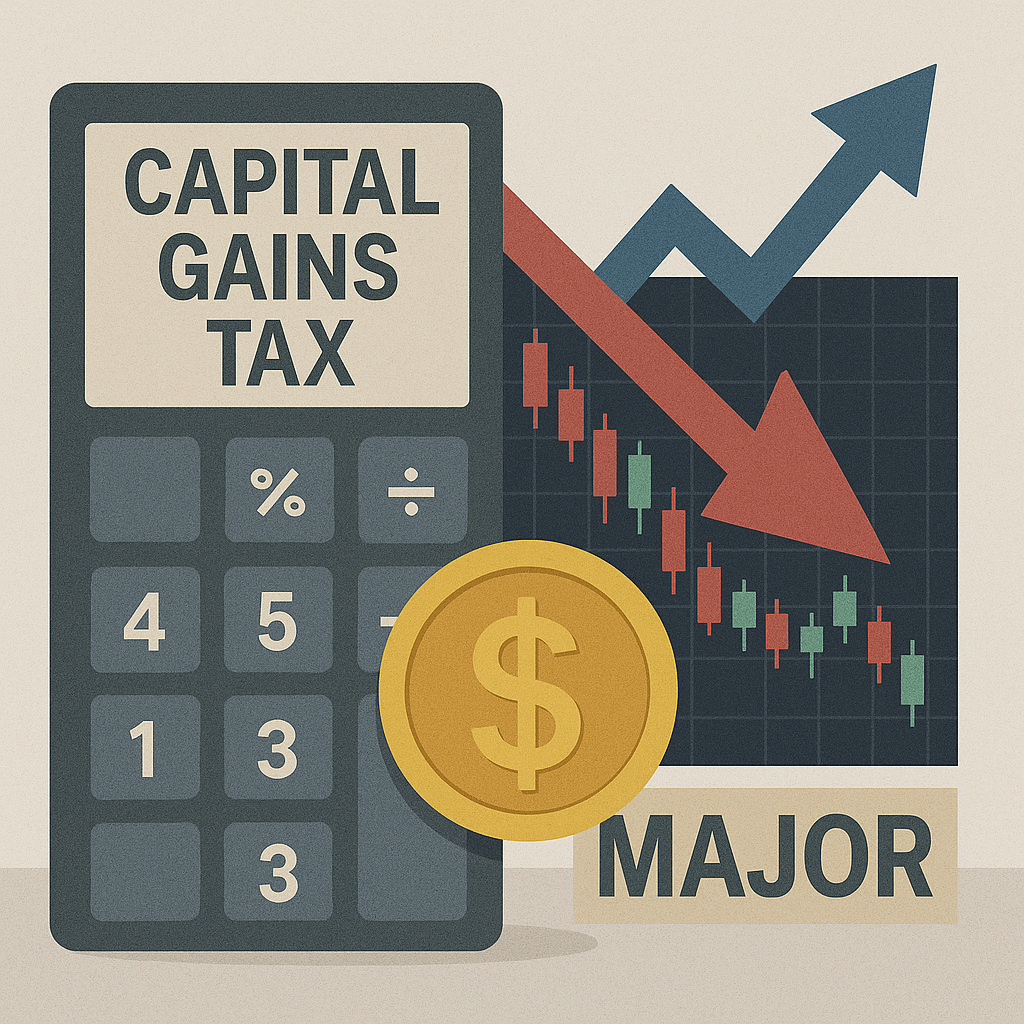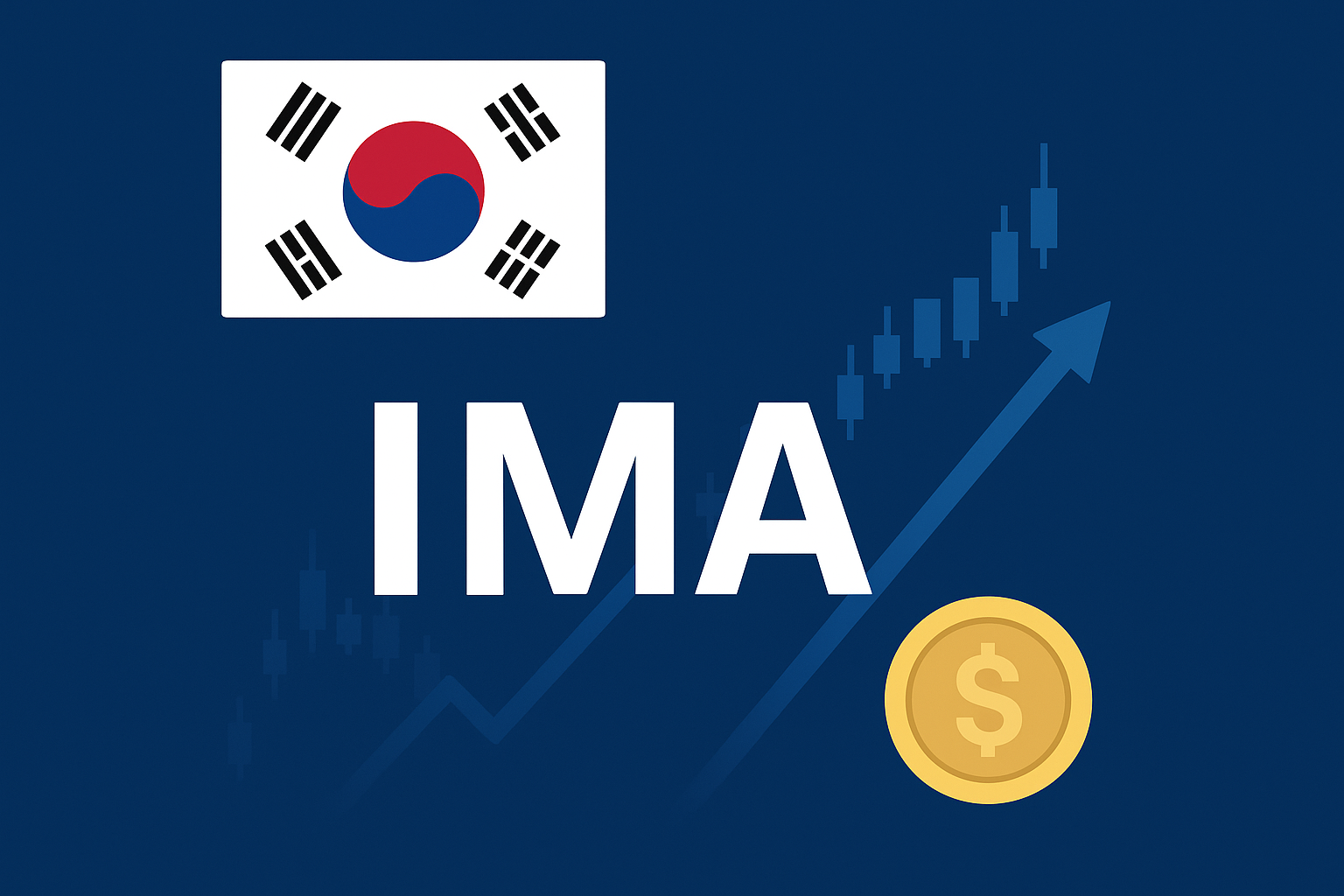
South Korea’s ruling party is reconsidering a recent government plan to tighten the threshold for stock capital gains taxation, following strong backlash from retail investors and sharp declines in the local equity market.
The government last month unveiled a tax reform package that would lower the criteria for being classified as a “major shareholder” from the current 5 billion won (about $3.7 million) to 1 billion won. Investors exceeding the threshold would be subject to a capital gains tax on stock transactions.
However, ruling party officials said on Tuesday that the plan could be revised. “Public discontent is mounting,” a senior party figure said, noting that an upward adjustment of the threshold is under discussion. Another party official added that the task force on financial policy may consider modifying the proposal.
Retail investors have expressed strong opposition. A public petition against the change has drawn more than 90,000 signatures within just three days, and online investor communities continue to voice criticism. Some party insiders also argue that the policy appears aimed more at short-term tax revenue gains than long-term market stability.
Still, some analysts caution against directly linking the tax rule to recent market declines, noting that past adjustments to the major shareholder standard had only limited market impact.
The presidential office has signaled flexibility. “We are leaving room for adjustment in line with public sentiment,” a senior official said, suggesting that a compromise level of around 3 billion won could be considered. Another source at the presidential office stressed that while a review is possible, “it is not easy to reverse the decision overnight.”


